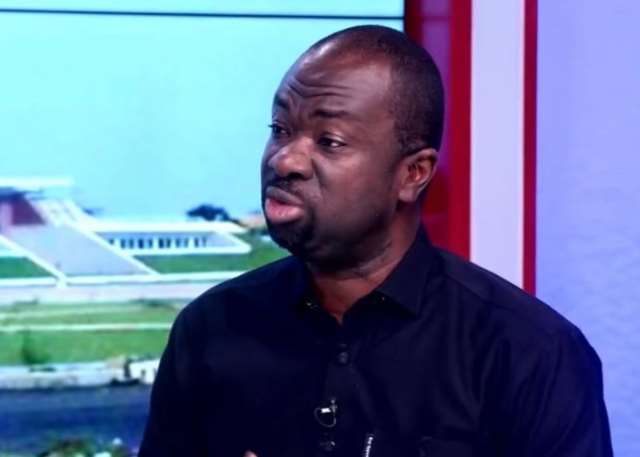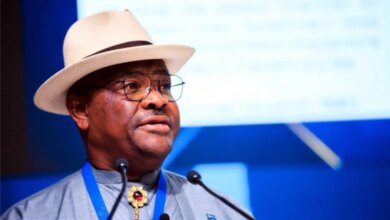Democracy Hub should enforce Article 75 at High Court, not Supreme Court – Baffour Awuah


Member of Parliament’s Constitutional, Legal and Parliamentary Affairs Committee, Nana Agyei Baffour Awuah, has advised civil society group Democracy Hub to seek enforcement of its claims at the High Court rather than the Supreme Court in its challenge against the government’s alleged secret agreement with the United States.
Speaking on Joy FM’s Top Story on Tuesday, October 14, the Manhyia South MP said while it is commendable for citizens and groups to take steps to protect the Constitution from breaches by public officials, Democracy Hub’s legal action may face a major procedural hurdle at the Apex Court.
He explained that the Supreme Court had already interpreted Article 75 of the 1992 Constitution in the landmark Margaret Banfo v. Attorney-General case, and therefore, there was no new constitutional question requiring interpretation.
“The fundamental question that we have to ask in this particular case is whether the present action indeed raises or properly invokes the jurisdiction of the Supreme Court.
“In my humble view, this particular process will have a major procedural hurdle to scale. The hurdle is whether the Supreme Court, having interpreted Article 75 in Margaret Banfo, would want to interpret it again. The Supreme Court interprets provisions of the Constitution, not conduct.
“And so, having interpreted Margaret Banfo, the article provisions of Article 7375 are not up for interpretation again,” he stated.
According to him, since the interpretation of Article 75 is settled, the appropriate course of action would have been to seek enforcement at the High Court if Democracy Hub believes the government’s conduct contravenes the Constitution.
“The appropriate action should have been to go to the High Court to enforce the provisions of Article 75 in light of the conduct of the government. Article 75 doesn’t need interpretation again,” Mr. Awuah clarified.
He further noted that while he would be “very surprised” if the Supreme Court entertains the case, he would not be “shocked,” given what he described as recent instances of unpredictability in the Court’s decisions.
“This is not Margaret Banfo v. Attorney-General; they are different matters altogether. You cannot go for a review of a decision in respect of a different set of facts,” he said.
His comments follow a writ filed by Democracy Hub at the Supreme Court challenging the legality of a secret Memorandum of Understanding (MoU) between the government of Ghana and the United States for the reception and temporary detention of involuntarily repatriated West African nationals.
The group contends that the MoU, allegedly entered into without parliamentary approval, violates Article 75(2) of the 1992 Constitution and Ghana’s international human rights obligations.
“No government has the authority to secretly contract Ghana out of its constitutional and human rights obligations,” Democracy Hub stated. “The Constitution requires transparency, parliamentary oversight, and respect for human dignity in all matters of international cooperation.”
DISCLAIMER: The Views, Comments, Opinions, Contributions and Statements made by Readers and Contributors on this platform do not necessarily represent the views or policy of Multimedia Group Limited.
DISCLAIMER: The Views, Comments, Opinions, Contributions and Statements made by Readers and Contributors on this platform do not necessarily represent the views or policy of Multimedia Group Limited.
Source link




